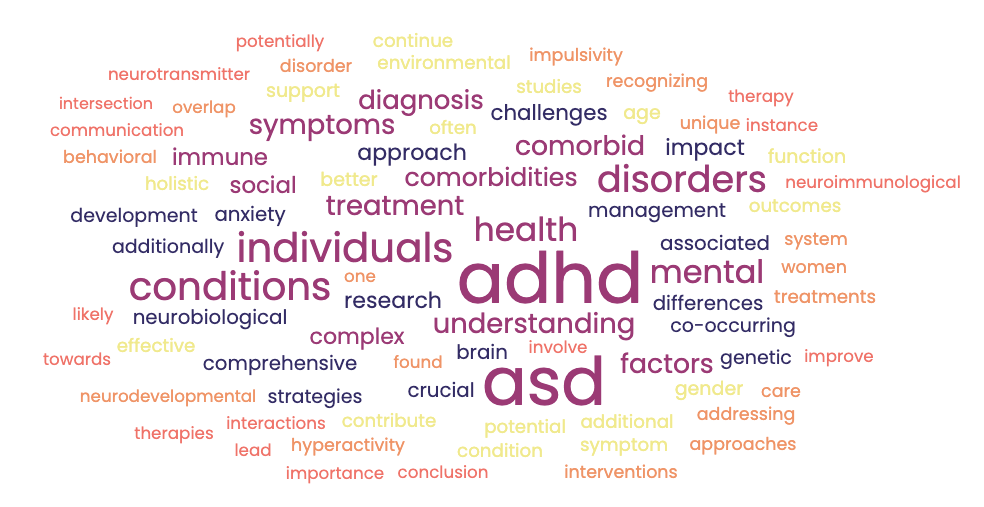Receiving a diagnosis of infertility can be incredibly stressful for couples. Often couples report changes in the quality of their emotional and sexual relationships (Schmidt, 2005a; Peterson et al., 2007). Other stressors include alterations in relationships with family, friends and coworkers and interactions with a complex medical system. Infertility may call into question your life expectations and deeply impact the way you see yourself, your relationship, the future and the world around you. Because the diagnosis of infertility often comes out of the blue, couples may find themselves unprepared to cope with the multiple stressors that accompany it.
How one copes with the unanticipated stressor of infertility can significantly impact the level of distress one experiences. Researchers studying the effects of infertility have identified four basic coping styles and analyses have revealed the impact that these styles have on stress levels. It can be helpful to reflect on your own coping style and assess whether there are changes you might make to help you get through this difficult time with appropriate levels of support.
One coping method commonly used is active avoidance. This may include avoiding pregnant women and children, keeping feelings related to infertility to themselves and engaging in outside activities to avoid thoughts of infertility. People who are high utilizers of this form of coping report higher levels of personal, marital and social distress (Schmidt et al., 2005a; Peterson et al., 2006a; Peterson et al., 2008). One reason for this may be that avoiding infertility related thoughts and activities may lead to social isolation and lack of support.
The passive avoidance coping style is characterized by hoping for a miracle and feeling that all one can do is wait. This coping style is also found to be linked with greater psychological distress and infertility stress (Terry and Hynes, 1998). A recent study found that when both members of a couple are high utilizers of this coping style they report higher levels of distress (Peterson et al., 2008).
A coping style that has been linked with more positive outcomes is active confronting. Active confronting is characterized by sharing feelings about infertility and actively trying to find solutions to the problem. This coping style has been linked with improved short and long-term adaptation (Vershaak and Hammer Burns, 2006). People using this coping style avail themselves of greater sources of support and feel an increased sense of control over their situation.
Meaning-based coping is a style that has been linked with more positive outcomes (Vershaak and Hammer Burns, 2006). People engaging in this coping style redefine the meaning and implications of infertility. They often report that the experience of infertility has helped them grow as a person. Many apply themselves to other life goals after they have accepted the reality of infertility.
Though you may be reeling from a recent diagnosis of infertility, it is important to be mindful about the coping strategies you use. While avoidance may bring temporary relief from the tempest of feelings that infertility elicits, it has been linked with greater distress in the long-term. Openly communicating to your partner and trusted others about your thoughts and feelings related to infertility can go a long way in establishing a robust support system. Also, working collaboratively with your partner to address problems related to infertility will help you regain a sense of control over the aspects of the situation that you can impact. If you are feeling overwhelmed and unable to cope with your situation it may be helpful to seek out additional support. RESOLVE(www.resolve.org) is a national resource community that provides information about infertility as well as online support groups.
REFERENCES
Peterson, B. D., Pirratano, M., Christensen, U., & Schmidt, L. (2008). The impact of partner coping in couples experiencing infertility. Human Reproduction, 23(5), 1128-1137.
Peterson, B. D., Newton, C. R., & Feingold, T. (2007). Anxiety and sexual stress in men and women undergoing infertility treatment. Fertility and Sterility, 88, 911–914.
Peterson, B. D., Newton, C. R., Rosen, K. H., & Skaggs, G. E. (2006a) Gender differences in how men and women referred with in vitro fertilization cope with infertility stress. Human Reproduction, 21, 2443–2449.
Schmidt L., Holstein B. E., Christensen, U., & Boivin, J. (2005a). Communication and coping as predictors of fertility problem stress: Cohort study of 816 participants who did not achieve a delivery after 12 months of fertility treatment. Human Reproduction, 20, 3248–3256.
Terry, D. J. & Hynes, G. J. (1998). Adjustment to a low-control situation: Reexaming the role of coping responses. Journal of Personality and Social Psychology, 74,1078–1092.
Verhaak, C. & Hammer Burns, L. (2006). Behavioral medicine approaches to infertility counseling. In: Covington SN, Hammer Burns L (eds). Infertility Counseling: A Comprehensive Handbook for Clinicians, 2nd ed. New York: Cambridge University Press,169–195.








